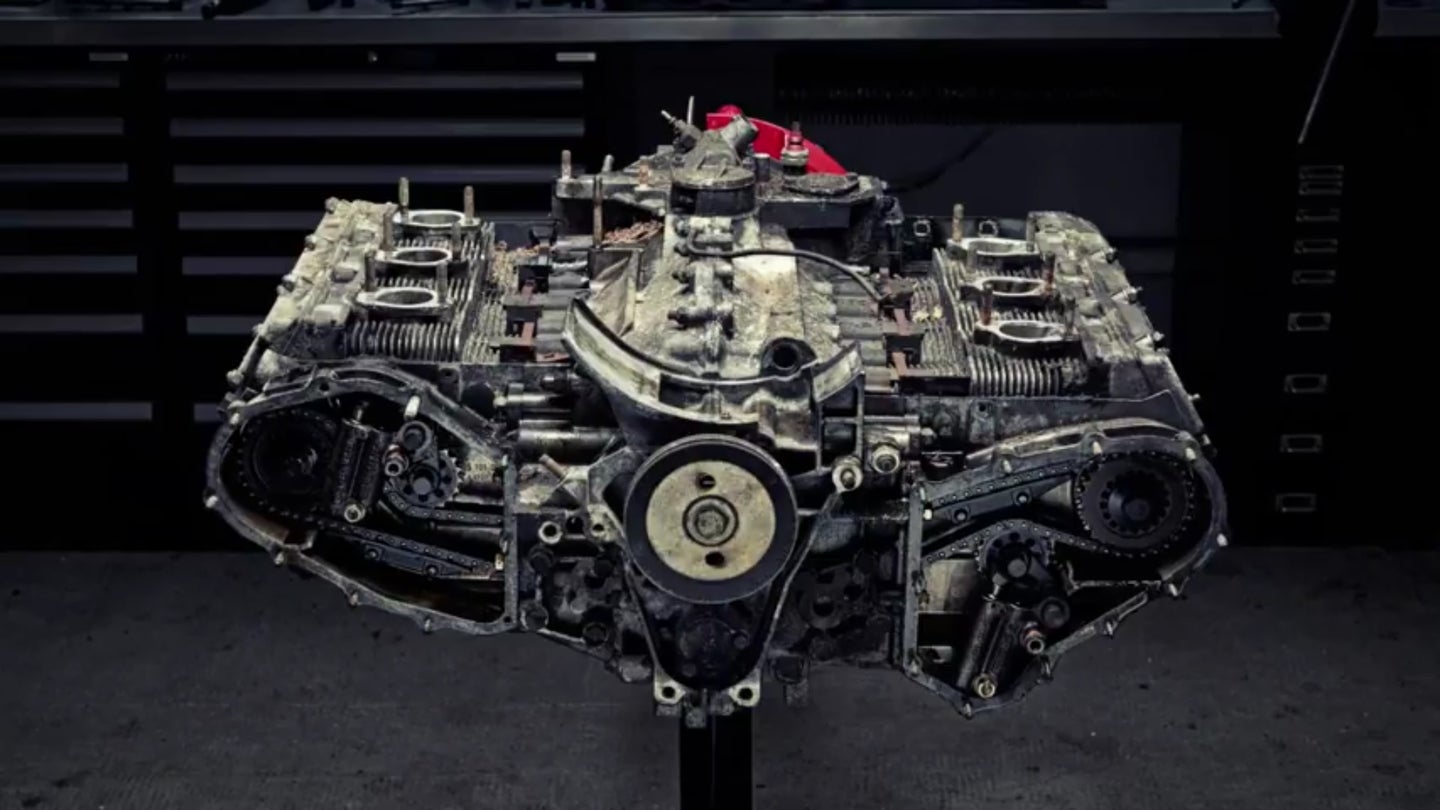The Internal Combustion Engine’s Days Are Numbered, Supplier Says
Continental predicts German manufacturers will stop developing combustion engines by 2023, both diesel and gas.

Enjoy that Porsche boxer growl or Mercedes-AMG V8 roar while you still can. Reuters reports that automotive parts supplier Continental predicts that German manufacturers will cease development of new internal combustion engine designs sooner rather than later, perhaps as early as 2023.
Munich, Germany—home of BMW—is considering banning diesel engines. First France, then Britain recently announced plans to ban both gas and diesel powered cars by 2040. But Continental's finance chief Wolfgang Schaefer told Reuters, "A new generation of combustion engines will again be developed but after that (around 2023), a further development will no longer be economically justifiable because more and more work will switch into electric mobility." Continental makes regulators for exhaust gas cleaning systems in diesel cars and nitrogen oxide sensors, devices that would no longer be needed in this predicted shift away from fossil fuels.
This doesn't mean the end of the internal combustion engine—not yet, anyway. Schaefer's prediction only means that manufacturers would stop developing new engines, not producing them. Engine designs can linger on for years, such as the Jeep/AMC straight-six that lasted from 1964 through 2006. But the writing does appear to be on the wall for traditional suck-squeeze-bang-blow power plants.
The aftermath of Volkswagen's diesel emissions scandal has revealed that other manufacturers haven't been entirely honest about their testing as well. Battery and power management technology continues to improve the range of electric cars, making them viable options for more and more people. Electric cars for the masses, such as the Chevy Bolt and Tesla Model 3, have started to arrive, with others to follow. Plus, the development of electric and self-driving cars takes a great deal of money and resources, which could be diverted from internal combustion engine development if manufacturers foresee a greater benefit from that application. Porsche is already considering dropping diesel for that very reason, and Audi is also looking to shift billions in funding toward electric cars.
Six years does seem to be a fairly aggressive timeline to end new engine development. But if the automotive industry is accelerating its development process to match the speed of technology companies, perhaps this prediction isn't so far fetched after all.
